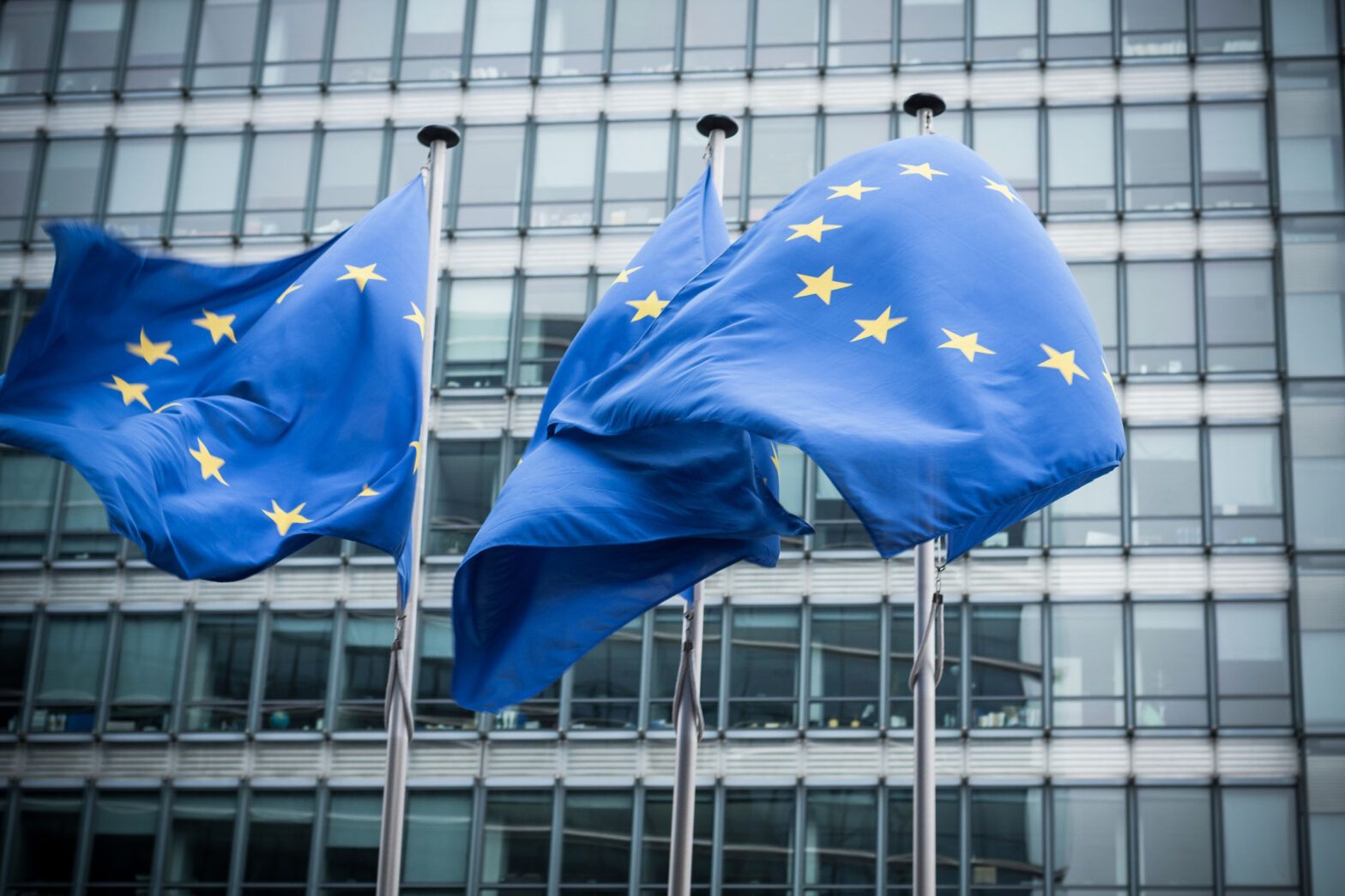Despite nearly 60% of European funds being invested sustainably, many fund managers are struggling to contend with rapidly evolving sustainable finance legislation, according to research from MSCI.
The ratings agency’s latest report, ‘Funds and the State of European Sustainable Finance’, found despite €7trn out of €12trn of European assets under management (AUM) being invested in ESG or sustainable strategies, the majority of Article 8 and 9 funds, accounting for 55% of all AUM in Europe, stated no intent towards achieving EU taxonomy alignment in their European ESG Template (EET) reporting. The picture was even more bleak for reported capital and operational expenditure.
According to the paper, this may be attributed to a shortfall in disclosures by underlying companies, whether as a result of the “incomplete nature of the EU taxonomy” or the level of stringency set for sustainable activity.
Although reporting volumes have increased, company disclosure data for EU taxonomy eligibility and alignment criteria remain low, leaving sustainability-minded fund selectors with fewer investment options.
“The question for asset managers has become: how can funds accurately convey their sustainable nature leveraging the EU taxonomy without the necessary bedrock of company disclosures? The short answer is that, right now, they cannot,” said Rumi Mahmood, head of ESG fund research at MSCI, and one of the authors of the report.
“Overall, company reporting is increasing, but the disclosure data required for the specific EU taxonomy alignment criteria and eligibility is still not widely available. It is not immediately clear when we can expect that to change.
“The impact is that sustainability-minded fund selectors have a limited pool of options to invest in, which may be challenging for mandates that require a minimum level of EU taxonomy-alignment while balancing diversification needs. The industries held in suitable funds are generally those most able to report in line with EU taxonomy, which is most commonly clean energy.”
However, while the European regulatory environment remains in flux, opportunities may arise as end investors become more accustomed to how sustainability is integrated into the investment process.
The report revealed a high level of dispersion on the disclosure of environmental Principle Adverse Impact (PAI) indicators, such as emissions-based metrics. European companies led the way with over 90% over European-domiciled large- and mid-cap firms disclosing Scope 1 and 2 emissions.
Based on data disclosed in the EET as of March 2023, over half the funds had committed to reducing or mitigating at least one SFDR PAI in their investment strategy, including 90% of Article 8 and 9 funds.








